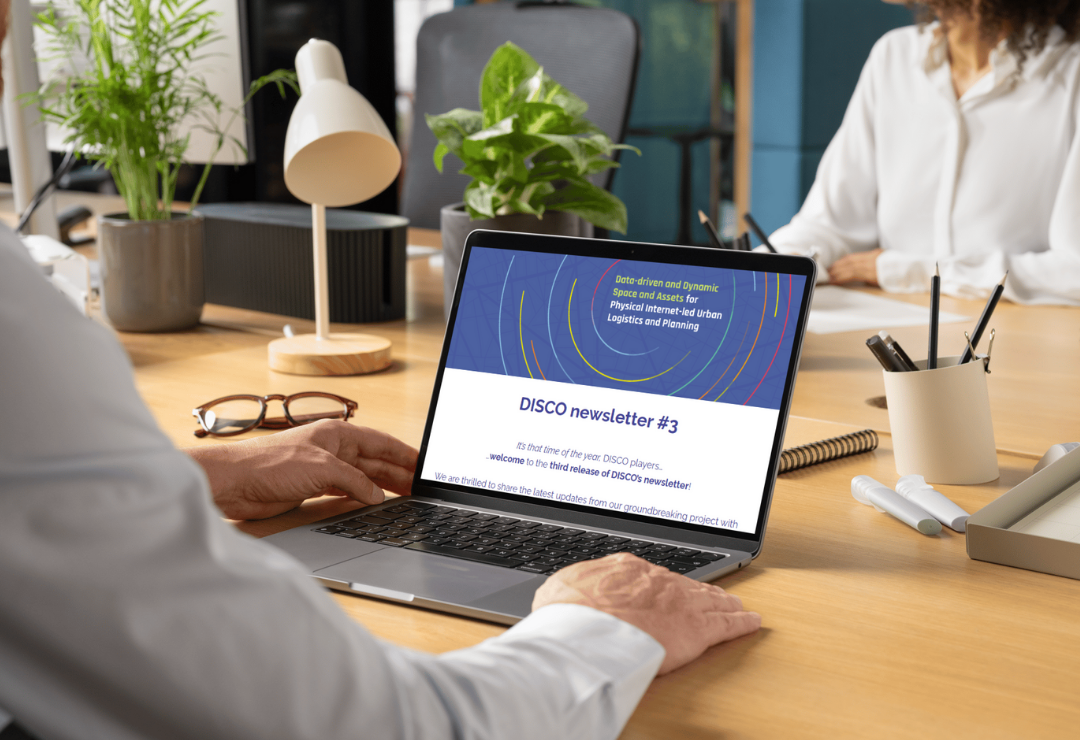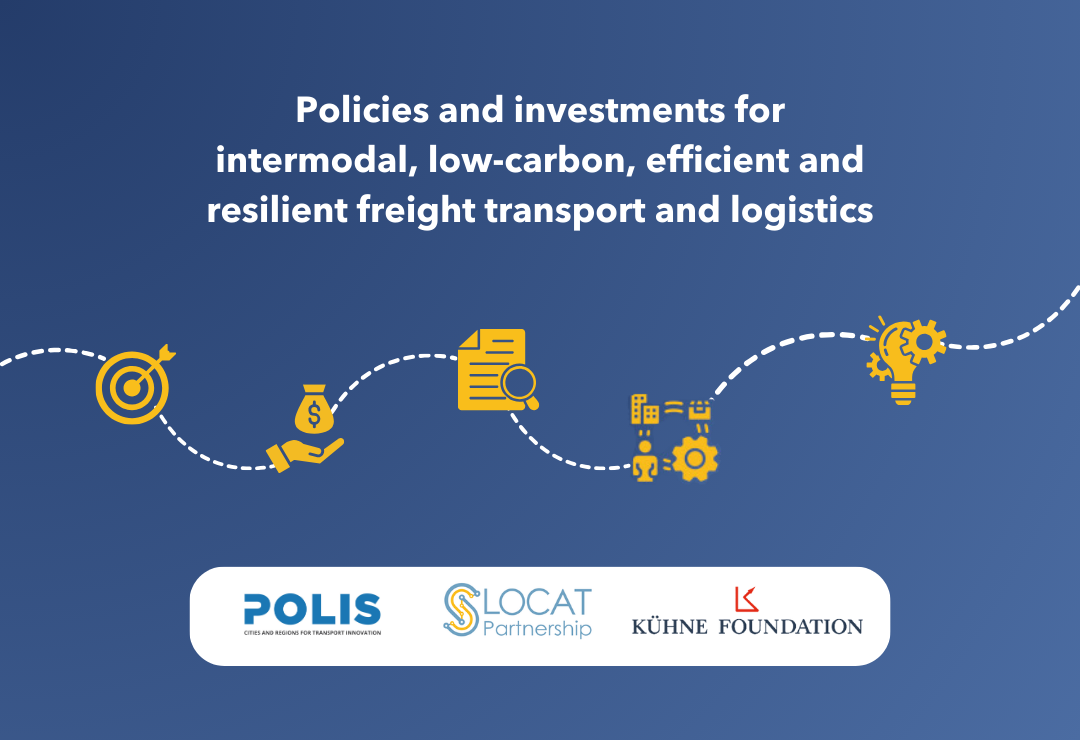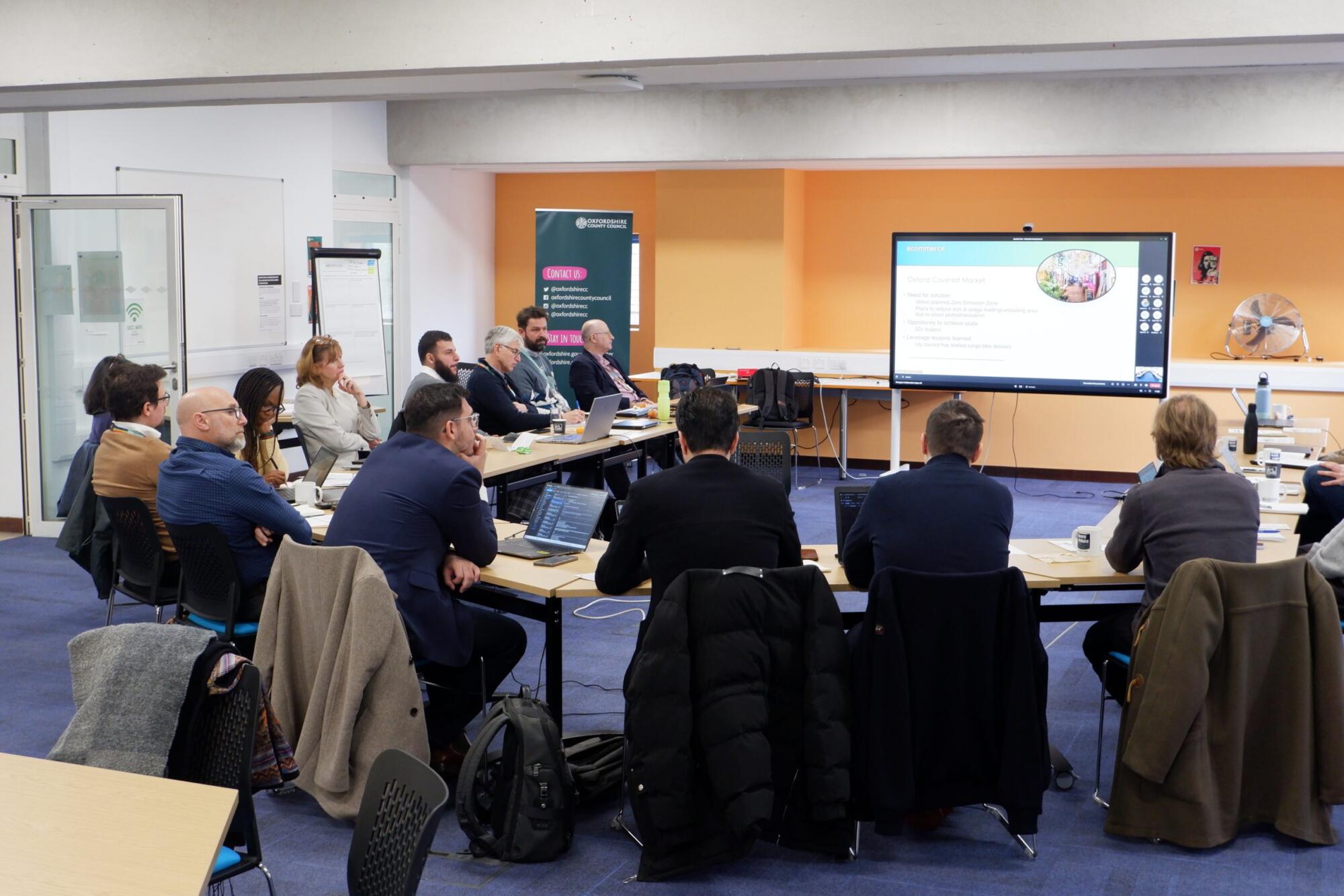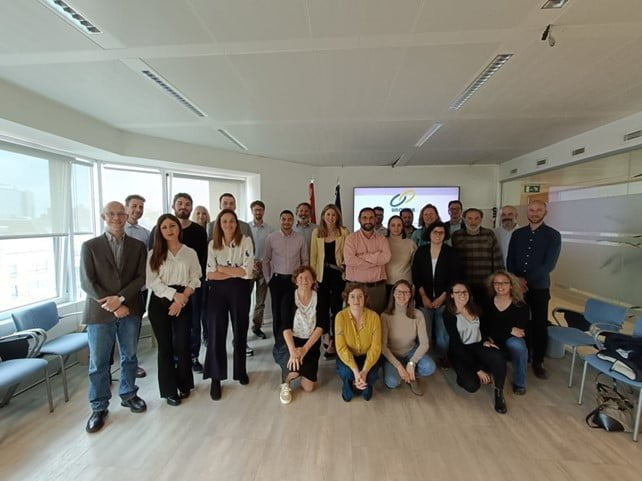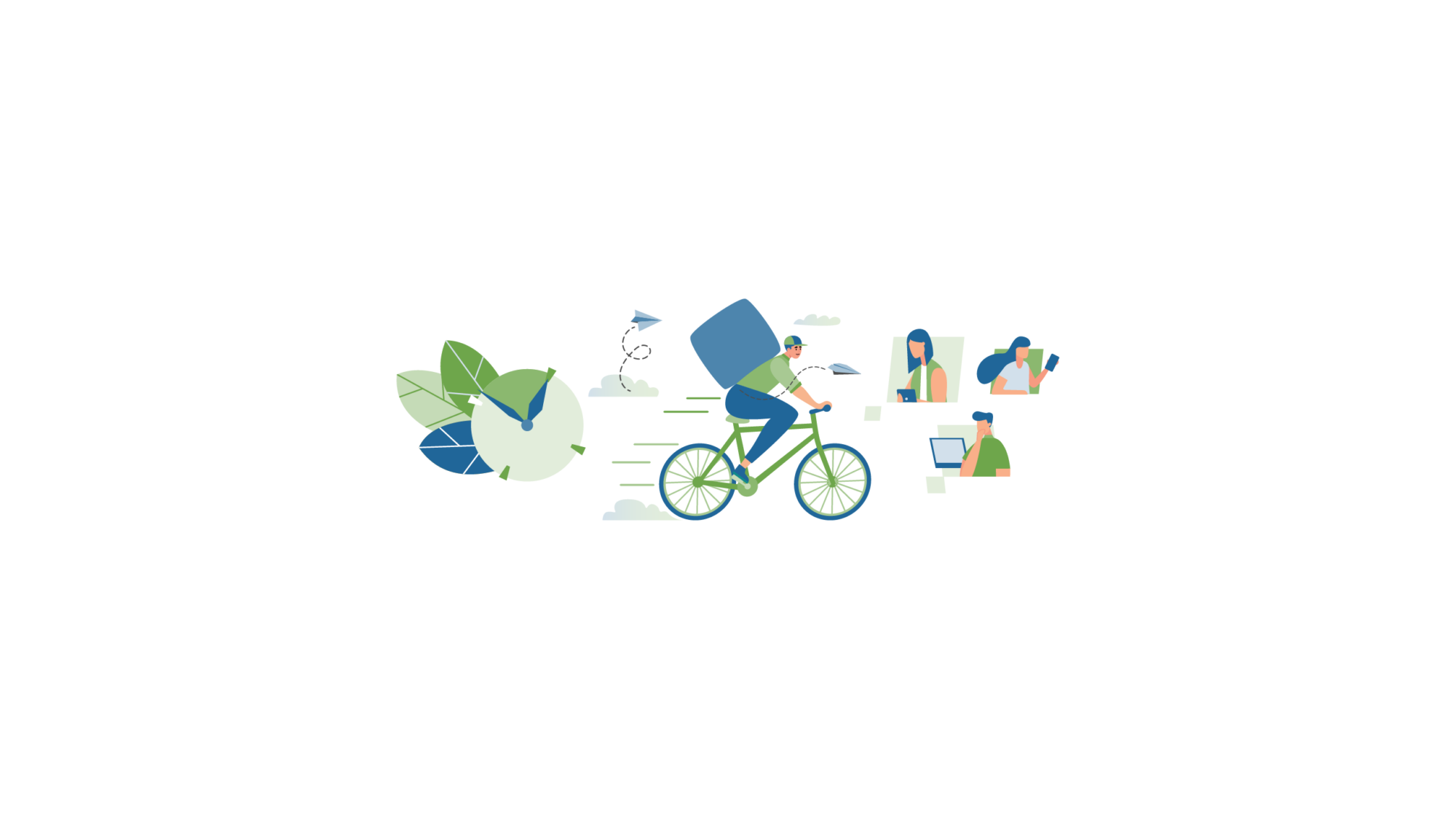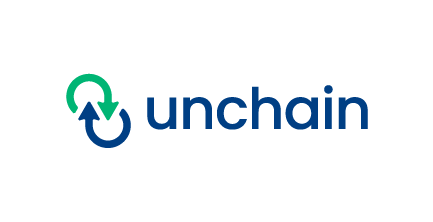E-commerce and last-mile deliveries
E-commerce—the electronic buying and selling of goods and services—is rapidly transforming the retail landscape, driven by B2B (Business-to-Business) and B2C (Business-to-Consumer) transactions. The growing significance of e-commerce flows in cities is a topic of major concern to planners responsible for urban design and urban transport systems.
The last-mile is regarded as one of the most expensive, least efficient and most polluting segments of the entire urban logistics system. According to the World Economic Forum, e-commerce is growing by over 10% annually, with global sales nearly tripling in the past five years.
Challenges encountered include (i) the "not-at-home" problem, leading to high rates of delivery failures, (ii) increase in returns, (iii) environmental concerns, due to the high use of light commercial vehicles and higher emissions per parcel compared with B2B deliveries. Interestingly, e-commerce appears to supplement rather than replace traditional retail shopping, adding further complexity to urban mobility as both modes of shopping drive freight and personal transport within cities.
In parallel, the growing maturity of consumers brings with it new desires and needs. Today, expectations other than price emerge. At the top of the wish list, consumers expect fast deliveries and convenience throughout each step of the buying process, including freedom of choice in terms of delivery methods and times. At the same time, they are also becoming increasingly aware of the power they have as consumers and the consequences of their choices, and turning more and more their attention to greener; more sustainable and alternative delivery options.
POLIS involvement
POLIS addresses this complexity by fostering the active participation of its members in EU-funded projects to test and support sustainable and collaborative last-mile solutions.
- In GREEN-LOG, POLIS and its partners focus on reducing e-commerce's logistical footprint by promoting innovative last-mile solutions like automated delivery systems, cargo bikes, and multimodal delivery models that integrate public transport. POLIS members Gent, Leuven, Mechelen are part of the "Flemish cluster" in Belgium, which is testing an innovative Logistics-as-a-Service (LaaS) platform The region of Flanders has announced the ambition to introduce zero emission zones for freight in a near future. POLIS member Barcelona will assess and develop in its Living Lab appropriate last-mile delivery models (primarily cargo-bike hubs, but also lockers, linked to rail stations in a variety of urban contexts. The Authority of Metropolitan Transport (ATM) has set up a “Freight Partnership” that brings together actors in the logistics sector. As a Follower City, POLIS member Arad is seeking solutions to ensure sustainable growth of urban deliveries, particularly towards the deployment of cargo bikes.
- The UNCHAIN project targets the logistics demands created by e-commerce, focusing on data exchange between the public and private sectors to optimise urban delivery. The project will test and implement across Europe solutions to improve the efficiency and sustainability of e-commerce-driven logistics, reducing pollutant emissions and traffic congestion. POLIS member Berlin is (i) evaluating and digitalising Urban Vehicle Access Regulations (UVARs) to ensure they align with the Integrated Commercial Transport Concept (IWVK) and (ii) testing a new tool to analyse existing micro-depot locations and identify areas with potential for new ones based on predefined criteria. POLIS member Madrid is implementing innovative solutions to unleash the potential of valuable real-time information for logistics operations and route planning, such as congestion forecasting and safe route planning to optimise delivery routes. Follower Cities - such as POLIS members Prague and Mechelen - are working alongside the primary demonstration sites to replicate their solutions.

